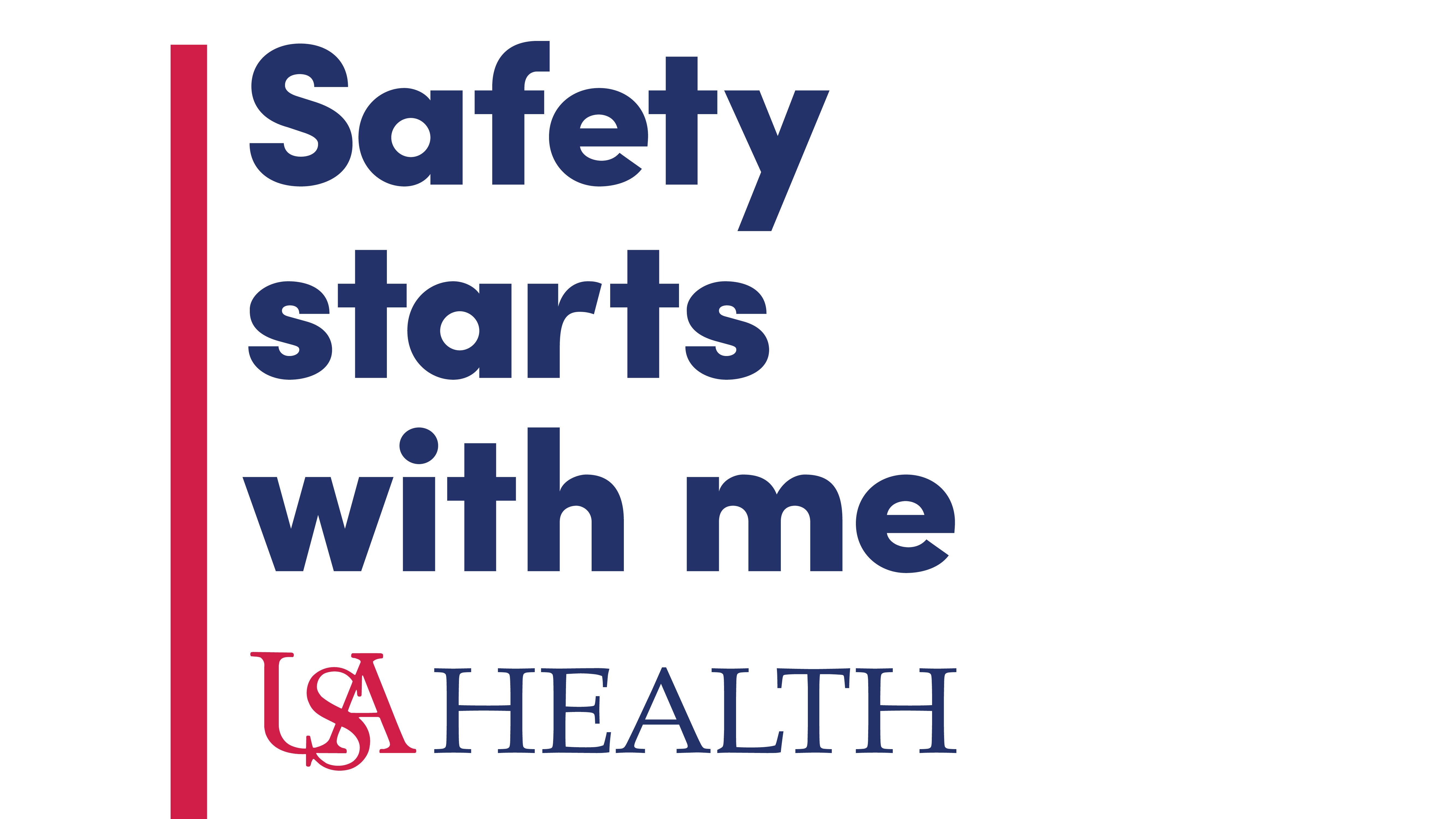September safety behavior: “Ask With SBAR”
This month’s safety behavior is part of the universal skill “Communicate Clearly.”
Anyone who has tried to navigate a rambling conversation, a lengthy email, or a never-ending voicemail knows the frustration of trying to get information quickly and concisely.

The safety behavior for September, “Ask With SBAR,” can help us sort through the facts and reduce frustration. SBAR is an acronym that guides us on how to communicate quickly and effectively:
- Situation: What is the situation, patient or project?
- Background: What is important to communicate, including problems and precautions?
- Assessment: What is my assessment of the situation, problems and precautions?
- Recommendation/Request: What is my recommendation, request or plan?
“The safety and reliability phrase to use is ‘Let me give you the SBAR,’” said Becky Pomrenke, M.S.N., RN, CNL, CNS, patient safety manager for USA Health. “These four points can help us cut through all of the unnecessary information.”
As an example, consider this “Quarterback to Team” scenario using SBAR:
- Situation: We’re down by seven points with two minutes to go in the game.
- Background: We missed a few blocks earlier, and the other team scored a touchdown.
- Assessment: We still have time to make a comeback. The other team is looking tired, and we are determined to win.
- Recommendation: Let’s drive the ball up the middle, quarterback sneak for the touchdown, and then go for the two-point conversion.
The safety behavior of the month, part of USA Health’s Safety Starts With Me initiative, is discussed and practiced at huddles and in departments across the health system.





